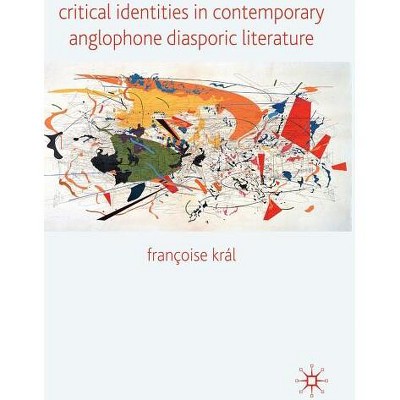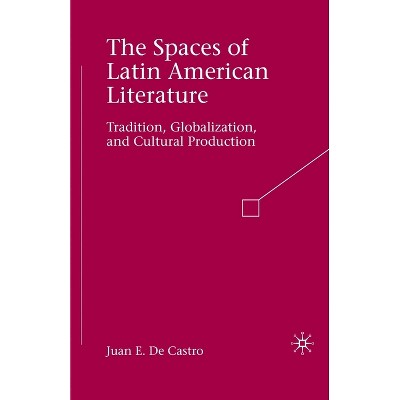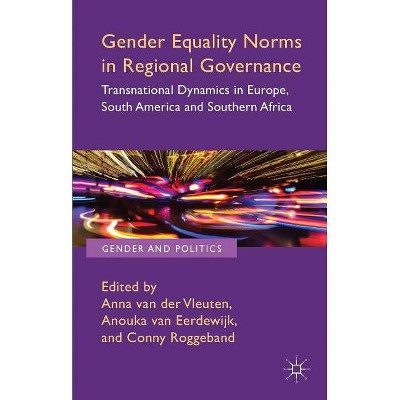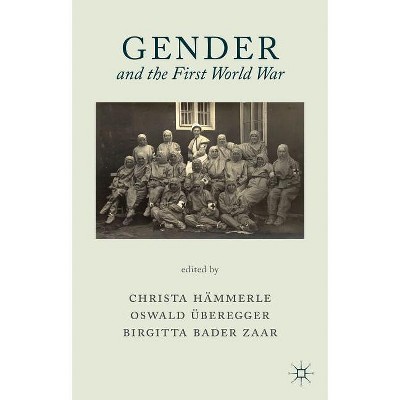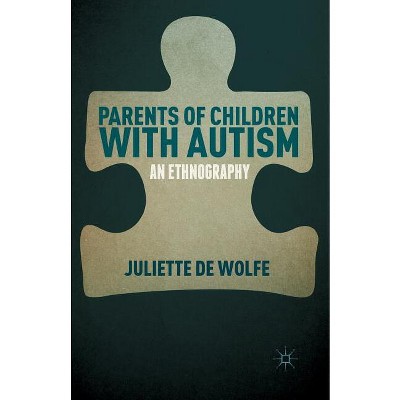Gender and Modernity in Spanish Literature - by Kenneth A Loparo (Paperback)

About this item
Highlights
- Using each chapter to juxtapose works by one female and one male Spanish writer, Gender and Modernity in Spanish Literature: 1789-1920 explores the concept of Spanish modernity.
- About the Author: Elizabeth Smith Rousselle is Associate Professor in the Department of Languages at Xavier University of Louisiana, USA.
- 232 Pages
- History, Europe
Description
About the Book
"This book explores major Spanish women and men writers' reactions to manifestations of modernity such as Spain's waning power, the changing roles of women, the male hysteric, positivism, dream research, secularization, the advances of science, the uneven development of Spanish feminism, the dominance of the discourse of motherhood, and the transformation of the Don Juan figure. The book juxtaposes works by one female and one male author in each of the eight chapters, surveying literature beginning in the often-ignored Spanish Enlightenment, continuing to the nineteenth century of Romanticism and Realism, and ending in the early twentieth century of Modernism. The concept of modernity in Spain is explored from various vantage points including those of philosophical, theological, psychoanalytic, and sociological theorists as well as socio-historic contexts. Influential female and male writers of Spain demonstrate how disillusion in the face of modernity varies according to gender in a process of 'gendered disillusion.' "--Book Synopsis
Using each chapter to juxtapose works by one female and one male Spanish writer, Gender and Modernity in Spanish Literature: 1789-1920 explores the concept of Spanish modernity. Issues explored include the changing roles of women, the male hysteric, and the mother and Don Juan figure.Review Quotes
"Rousselle tackles Spain's conflicted relationship with modernity by examining texts by renowned male and female writers from the Enlightenment to the early twentieth century through the focal point of disillusion. In the process, she reveals a key difference in the gendered responses to what it meant to be a modern subject." - Ana Rueda, Arts and Sciences Distinguished Professor of Hispanic Studies, University of Kentucky, USA, and author of Relatos desde el vacío. Un nuevo espacio crítico para el cuento actual, Pygmalión y Galatea: Refracciones modernas de un mito and Cartas sin lacrar: La novela epistolar y la España Ilustrada 1789-1840.
"Developing a theory of 'gendered disillusion, ' Rousselle's fascinating subject is the reactions to the chaos, confusion, and economic and political decline in the wake of the French Revolution in Spain. With expert plotting, and able to take both the long view and to examine the detail, Rousselle takes us through a variety of literary contexts from 1789 to 1920 and produces scintillating readings each of which presents us with a new way to understand Spain's different transition to modernity" - Sarah Wright, Reader in Hispanic Studies, Royal Holloway, University of London, UK, and author of Tales of Seduction: The Figure of Don Juan in Spanish Culture
"This book demands the close attention of anyone interested in European intellectual history and modern Spanish male and female subjectivity. It is among the first books to examine attitudes to modernity on the Iberian Peninsula. As such, it will surely become a pathfinder for others to continue to build on its authoritative conclusions. Meticulously developed and lucidly written, Gender and Modernity in Spanish Literature is required reading for scholar and student alike." - C. Christopher Soufas, Professor of Spanish, Temple University, USA and author of The Subject in Question: Early Contemporary Spanish Literature and Modernism
"A most valuable tool in the study of modernity and the role that disillusionment played in its development in Spain. Most notably, Rousselle provides the long history of what modernity means within the changing Spain after the French revolution, showing the reader both a cultural and historical canvas of what was it like to produce literary texts under the umbrella of 'disillusion.'" - Leslie Anne Merced, Associate Professor of Spanish, Rockhurst University, USA
About the Author
Elizabeth Smith Rousselle is Associate Professor in the Department of Languages at Xavier University of Louisiana, USA.





